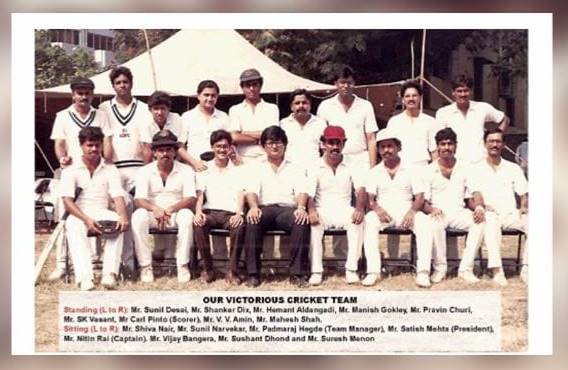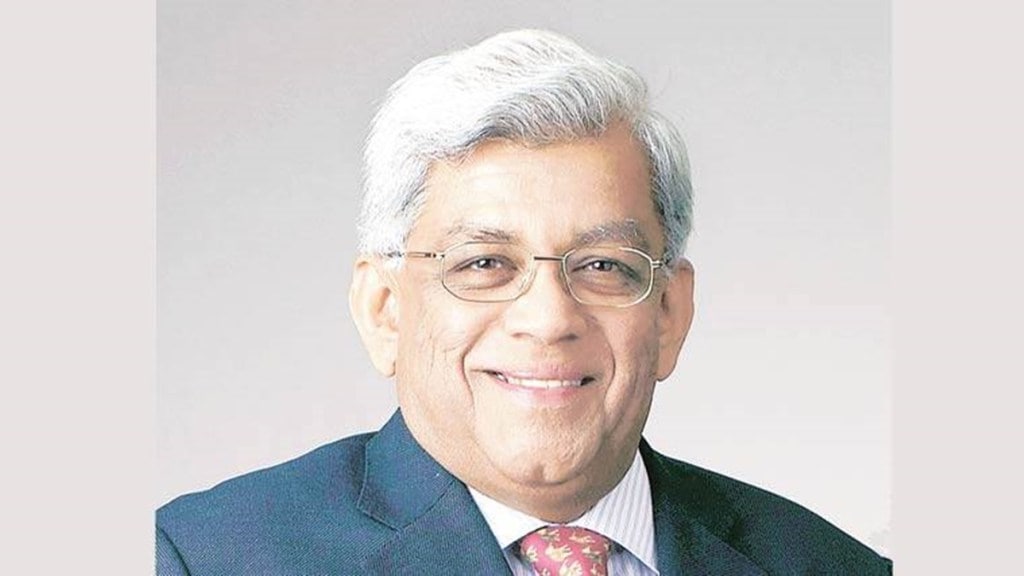As he walks out of Ramon House after HDFC’s last board meeting this evening, Deepak Parekh would end his 45-year long innings in an institution he nurtured first under his uncle, the legendary HT Parekh, and then as the occupant of the corner office.
It would indeed be hard to imagine Mumbai’s financial world without Parekh — a man for every occasion, an institution-builder, trouble-shooter, a father-figure, and much more. Perspicacious and professional to the core, he was so passionate about his work that he felt that becoming the non-executive chairman of HDFC would be a challenge for him. He was worried he might not be able to detach himself from the daily running of the office.
Few CEOs would have been so forthright about their concerns but not Parekh. He has always been simple and straightforward and outspoken when needed. When asked how he felt just before his 65th birthday in October 2009, Parekh answered when he turned 60, it had felt like 40. “So, I’ll probably feel like 45 soon,” he had chuckled. That’s Parekh for you, forever young.
It was this energy that filtered through HDFC over the many decades that he helmed the institution and which saw the mortgage player achieve a market capitalisation of over Rs 5 trillion. His foresight and acumen in expanding the business to a bank, an asset management company and insurance has been trail-blazing. It could not have been easy to convince the board to foray into an altogether new business and also to make them accept a completely new management for the bank.

But HDFC responded to a newspaper advertisement and was thrilled when it won a licence. Parekh recalls how they were allowed to locate the headquarters in Mumbai (then Bombay) because their application had been the best one. Former MD & CEO of HDFC Bank, Aditya Puri, has often spoken about how Parekh had always given him a free hand yet helped out when needed. Some business decisions may have been forced on the Group, the acquisitions of Times Bank and Centurion Bank, for example, and it could not have been easy for Parekh and Puri. But together they pulled it off.
Although he achieved a lot, Parekh once said he wished he had not let go of opportunities in the public sector. “Somewhere I felt the system needed to be changed and I wanted to be part of the change,” he had said. He believed it was possible to manage the politics even if some of the people in power were unreasonable. The desire to work in the public sector was possibly driven by his exasperation at poor Centre-state relations and vested interests that were stalling the infrastructure build-out in India.
It was a pity, he felt, that acquiring land was so difficult and that land aggregators were depriving farmers of the right prices. Had it been easier to acquire land, HDFC might have started a chain of schools because Parekh was very passionate about education. He wanted to set up non-elitist but ‘good’ schools that would cater for children in the newly-developing areas. One imagines the foray into education loans via the stake in Credila, was probably borne out of this passion.
A big fan of Warren Buffet, Parekh will hopefully continue to spare time for youngsters who want to pick his brains. As is known, he often presents colleagues and business associates with miniature yellow signboards that have “compliance” written on it and a sketch of a slippery slope. That’s his way of cautioning young professionals who turn to him for advice.
Indeed, he may not have presided over the biggest business in the country but few business leaders in India have commanded the respect and authority that Parekh has. The government has sought his assistance for some critical assignments—the sale of Satyam Computers for instance. More than anything, however, he will be remembered as a man who ran a business honestly and yet made such a striking success of it. The media will miss him terribly; there was rarely an event on which his views were not sought.
He has been tight-lipped so far on his next innings, but he would surely continue to make time for his favourite pastime — lots of bridge sessions and tough Sudoku puzzles.

